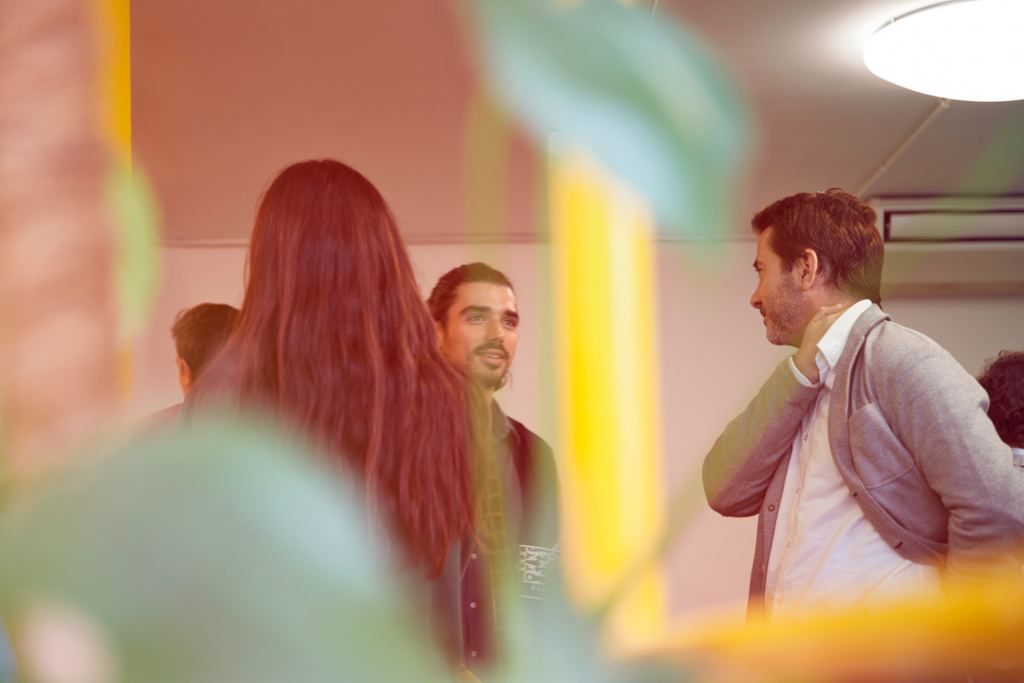Mackay Maxim: It’s great to be liked. You’ll have a network you can always use. Once. It’s even greater to be needed. You’ll have a network you can always use. Period.
A strong network is critical to long term professional success. Unfortunately, for some this concept has become synonymous with “people who can do things for me,” instead of, “people I can collaborate with to help reach our goals.” Networks shouldn’t be one-sided relationships – and this attitude can doom you to failure.
When I see how other people treat their networks as a sort of personal pool of resources and information, I think about how many times I’ve seen those connections run dry. No one likes to feel like someone else is using them without giving something back in return – that’s not networking. That’s taking advantage of people you happen to know.
A network should be a community of mutually beneficial relationships.
Networking does not exist in a vacuum. While networking doesn’t necessarily mean you’re the best of friends with your connections, we’re still talking about human beings here. No one likes to feel like someone is taking advantage of them.
Pretend that you’re a top salesperson at a leading company. Consider the two scenarios below:
- Person 1 is a friend of a friend who owns a restaurant you often visit. You offer to help him with some marketing materials to get the business off the ground. You need some help with securing a banquet space at his restaurant a couple months later, but person 1 never returns your calls.
- Person 2 is the Director of a local non-profit in your area. You offer to help him advertise for an upcoming event. As a favor, person 2 partners with your firm to develop a charity initiative that gives you significant publicity.
Now, Person 1 calls you up and asks you for a favor. He needs an extra look at a project for his restaurant. The same time, Person 2 sends you an email asking if you’d be available to volunteer at his work’s annual charity banquet.
Who would you rather help?
If you answered Person 2, you understand the importance of a mutually beneficial relationship. Don’t treat your network like Person 1.
How can you improve your network relationships?
Now that we’ve established how people shouldn’t treat their networks, you may be wondering how you could improve and repair your connections. Luckily, there are a few small actions you can take to boost the mutual benefits of your relationships. All they take are a little time and care.
- Always check in on people. A birthday card, a holiday greeting, or even a spontaneous email can show that you care – and put you at the top of their connections.
- Keep track of the favors you’ve received so you know who you owe back. If you owe someone a favor, don’t decline that favor unless absolutely necessary.
- Don’t be afraid to share information that your network may find useful. Work as a football coach for high school students? Let parents know how their children are doing. See a community newsletter with an interesting article that one of your connections might appreciate? Save a copy and send it along to them.
Never take advantage of your networks without giving something in return. Always bring something to the party, whether it’s an offer to volunteer, a tidbit of information, or just being willing to help when someone needs it. You never know what they’ll bring you in return.

